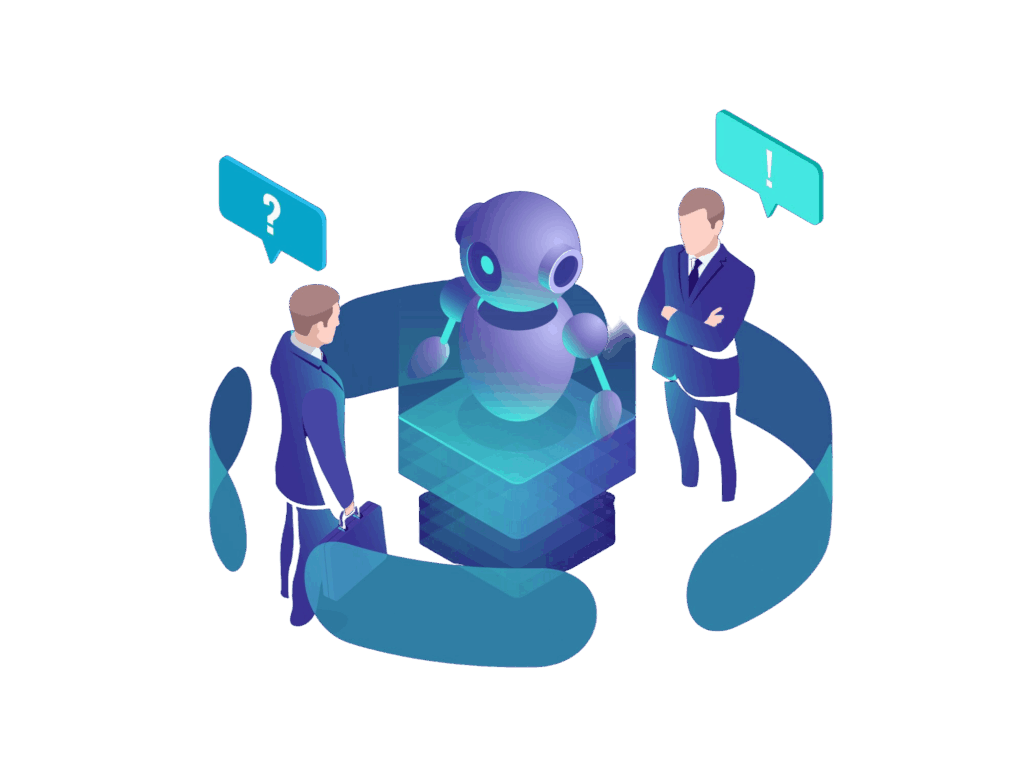Ever Wonder Why Your Quick Task Takes Forever?
Let's Talk About Focus Traps.
Hey there! You know that feeling, right?
You assign yourself a ‘quick 10-minute task’ – sending an email, checking a report, doing a quick follow-up. But then… an hour vanishes. Suddenly, you’ve jumped from your original task to checking a notification, then to a quick look at a new project, and BAM, your focus is gone. I’ve been there countless times, and believe me, it’s not just you. It’s a common ‘focus trap’ that sneaks up on even the most organized among us. It’s frustrating when your workday feels like a series of unfinished sprints instead of steady progress. So, how do we climb out of this cycle and reclaim our precious time and mental energy?
The Just One More Thing Spiral:
We often start our tasks with the best intentions. You open your email with the thought, ‘I’ll just quickly check this one thing before I dive into that big report.’ But then that email leads to clicking a link, which leads to another tab, which reminds you of something else you needed to check, and suddenly, your report is a distant memory, still untouched. The key here, I’ve learned from painful experience, is ruthless self-awareness and a commitment to single-tasking. Before you click, ask yourself: is this ‘one more thing’ truly integral to my current, primary task, or am I just getting pulled into another rabbit hole? A trick I use is setting a strict timer for those small, incoming external requests. If it’s a quick response, great. If it requires more thought, it gets added to a specific later time slot, not dealt with now. This helps create a mental barrier against the siren song of immediate (but distracting) gratification.

The Notification Overload Epidemic:
Oh, the PING! The buzz! Our phones, smartwatches, and computer screens are constantly vying for our attention, literally every few minutes if we let them. Every single notification, even for something seemingly small, acts like a mini-reset button for your brain. It pulls you out of your concentrated state, and it takes real mental energy, sometimes up to 20 minutes, to fully get back to where you were. Imagine constantly resetting your progress bar! A simple yet incredibly effective fix, that I swear by, is implementing dedicated ‘focus blocks’ throughout your day. During these times, all non-essential notifications are turned off. Your phone goes on silent and face down. Close all unnecessary tabs. Seriously, the world won’t end if you respond to that non-urgent message 30 minutes later. Your productivity, however, will see a dramatic uplift once you stop constantly interrupting your own thought process.
The Myth of Multitasking:
For years, we’ve been told multitasking is a superpower, a badge of corporate honor. Spoiler alert: for almost all of us, it’s not. What we often do is ‘context switching’ – rapidly jumping between tasks, never truly giving one our full attention. Each jump, each mental ‘pivot,’ costs your brain energy and precious time as it re-orients itself. Think of driving: constantly swerving between lanes burns more fuel and is less safe than holding a steady course. For those ‘quick’ tasks you mentioned, commit to doing just that one thing until it’s done. Close all other tabs. Put your phone away. Treat that 10-minute email like it’s the only thing that exists for those 10 minutes. You’ll be amazed at how much faster and more accurately you complete it, and how much less draining it feels when your brain isn’t trying to juggle five balls at once.
When Tools Become Distractions (Instead of Helpers):
It’s a weird irony, but sometimes, the very digital tools and apps meant to help us get organized can become insidious distractions themselves. Too many open apps competing for attention, redundant calendar notifications popping up from three different places, or endlessly tinkering with a project management tool setup instead of actually doing the work. The goal of any good system is clarity and simplicity. Every tool should serve a clear, defined purpose, and if it’s adding more mental load or decision fatigue than it’s removing, it might be time to re-evaluate or simplify your digital toolkit. The best support systems are usually the ones working quietly and efficiently in the background, making your life easier, not more cluttered.
Building a Wrap Up Habit for Smoother Transitions:
How often have you left a task halfway, jumped to something else, and then come back to it later with that frustrating feeling of ‘Now, where was I?’ It’s a huge energy sink. To combat this, I highly recommend building a simple ‘wrap up’ habit. Before you switch from one task to another – especially if the first task isn’t fully complete – take just 60 seconds to quickly note where you left off. Even just two bullet points like ‘Checked data sources, need to compile summary for Section B’ or ‘Drafted intro paragraph, next: research examples for point 2.’ This simple act drastically reduces the mental friction of restarting later, making those ‘stalled’ tasks feel less daunting and helping you pick up right where you left off with minimal wasted time or frustration.
Wrapping Up: Find Your Workflow Rhythm
Ultimately, finding your focus rhythm is a personal journey, and there’s no single magic bullet. It’s about respecting your attention span, understanding your energy cycles, and creating an environment where deep work for both big and small tasks can flourish. Experiment with these ideas, see what sticks, and don’t be too hard on yourself when you inevitably fall into a trap again. We all do! The goal isn’t perfection, but just to get a little better, a little more aware, each day. When you master these small shifts, you’ll find yourself not only more productive but also feeling much less overwhelmed and more in control of your valuable workday. Happy focusing!
Ready to Scale Smarter Faster Safer ?
Top Posts
Revolutionize Customer
Communication with Voice AI
Connect Smarter
Serve Faster
Top Services
- AI Automated CampusAI Exclusive
First Sub Title
- Corporate ERP
Second Sub Title
- WhatsApp Booking SystemCRM Exclusive
Third Sub Title
- LMS
Third Sub Title
- AI Voice AgentAI Exclusive
First Sub Title
- Garage Management
Third Sub Title
Visit Us
- Zollid
www.zollid.in
- Zollid Filims
www.zollidfilims.com
- Zedunix
www.zedunix.com



